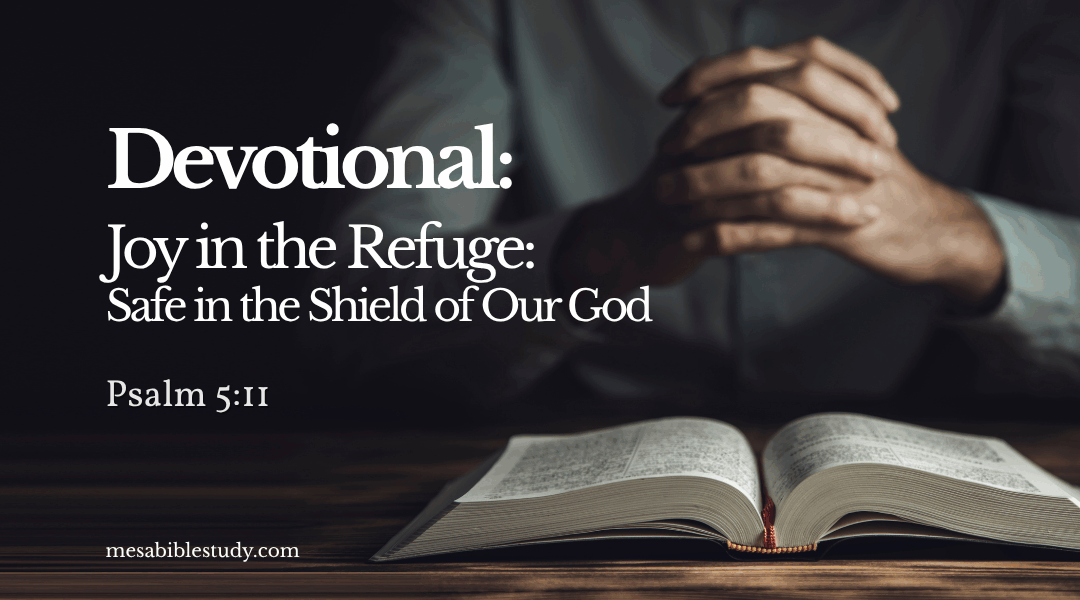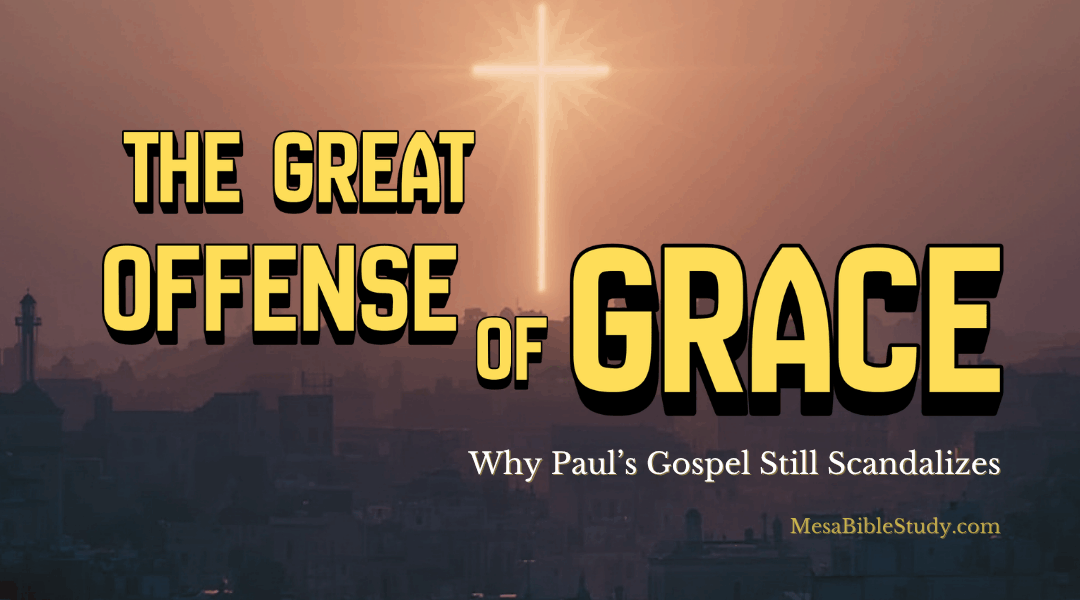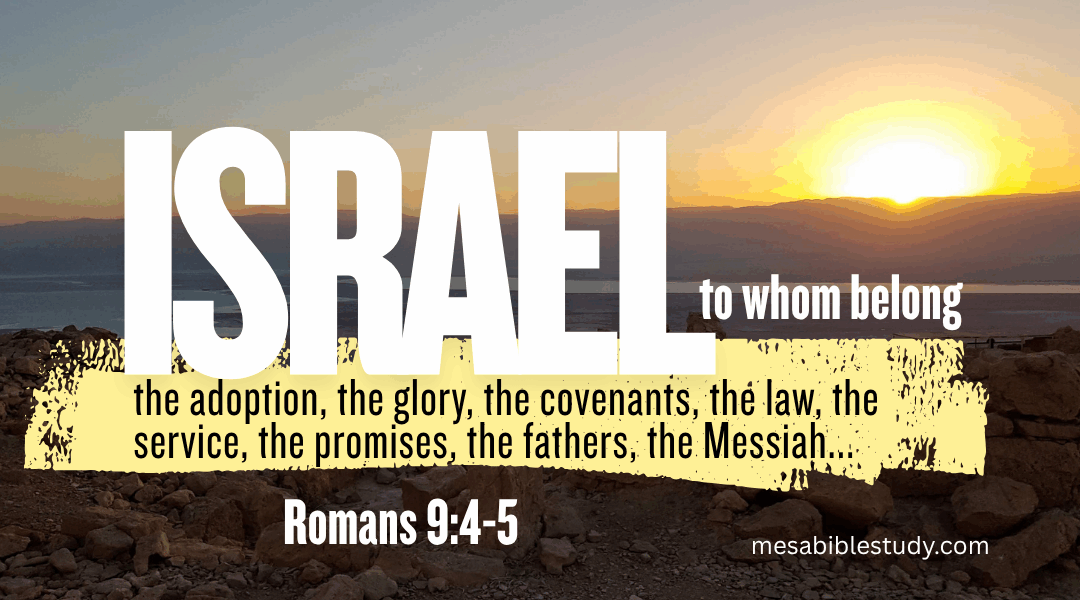
by Jamie Pantastico | Nov 21, 2025 | Devotionals |
Devotional: Joy, Refuge, and Shield
Psalm 5:1
“But let all those rejoice who put their trust in You;
Let them ever shout for joy, because You defend them;
Let those also who love Your name
Be joyful in You.”
Context & Connection
Psalm 5 is a morning prayer—a cry for guidance, protection, and justice. David writes surrounded by pressure, enemies, and uncertainty. Yet in the midst of turmoil, this verse rises like a beacon:
Those who trust in the Lord are called to rejoice—not after deliverance, but in the very act of trusting.
David isn’t rejoicing because the storm ended.
He rejoices because of who God is:
- His Defender
- His Refuge
- His Shield
- His unchanging, covenant-keeping God
This is trust that transcends circumstances.
Devotional Insight
Psalm 5:11 reveals three powerful truths:
1. Trust Produces Joy
“Let all those rejoice who put their trust in You.”
Trust and joy are inseparable.
Joy doesn’t come from a quiet life—it comes from a quiet confidence in God.
David’s joy is rooted not in ease, but in assurance.
2. God Himself Is Our Defense
“Let them ever shout for joy, because You defend them.”
David doesn’t say God might defend.
He says God does.
He is your covering, your shield, your shelter from every fiery dart.
Whether the attack is spiritual, emotional, or physical—God stands between you and the enemy.
3. Love for His Name Brings Unshakable Joy
“Let those also who love Your name be joyful in You.”
To love His name is to love His character, His nature, His person, His promises.
Joy flows not from what God gives, but from loving who God is.
This is joy rooted in the eternal, not in the temporary.
Encouragement for Today
The world may rage. Circumstances may shift. Pressures may mount.
But nothing can touch the believer whose refuge is the Lord.
If your trust is in Him, your joy is secure—
because your Defender is faithful,
your Shield is unbreakable,
and your God is unchanging.
So today, rest in this truth:
You are defended. You are loved. You are secure. And you can rejoice.
Reading Plan
- Psalm 18:1–3 — The Lord is my rock and fortress.
- Nahum 1:7 — The Lord is good, a stronghold in the day of trouble.
- Romans 15:13 — The God of hope fills believers with joy and peace through trust.

by Jamie Pantastico | Nov 18, 2025 | Devotionals |
Devotional: Power, Love, and a Sound Mind
2 Timothy 1:7–8 – “For God has not given us a spirit of fear, but of power and of love and of a sound mind. Therefore do not be ashamed of the testimony of our Lord, nor of me His prisoner, but share with me in the sufferings for the gospel according to the power of God.”
Context & Connection
Paul writes this final letter to Timothy from a Roman prison, fully aware his earthly ministry is nearing its end. He’s not discouraged—he’s strengthening the next generation. In verse 7, Paul reminds Timothy that fear is not from God; the Holy Spirit equips believers with power, love, and a sound mind.
Then comes verse 8: “Therefore…” Because you have this Spirit, Timothy, live boldly. Don’t shrink back from your calling. Don’t be ashamed of the gospel or of me, Paul says, because the same divine power that sustains me will sustain you.
Devotional Insight
Fear often whispers that we’re unqualified, unworthy, or alone. But Paul reminds us that God has not given us a spirit of fear. The Spirit He gives is one of power—divine enablement that comes from above; love—God’s unconditional, selfless love (agape) poured into our hearts by the Holy Spirit; and a sound mind—the ability to think clearly, hold firmly to truth, and confidently communicate what we believe.
That’s why Paul says “therefore.” Because we’ve been equipped with this Spirit, we can live and serve without shame, fear, or hesitation. God has already given us everything we need to stand firm in faith and share the gospel courageously, even in a hostile world.
Paul knew Timothy would face persecution, doubt, and pressure—but he also knew the Spirit within him was greater than the opposition around him.
Encouragement for Today
If you belong to Christ, you already have the same Spirit Timothy did—one that empowers you to face trials, love others deeply, and think clearly amid chaos.
So today, when fear or uncertainty arises, remember: the Spirit within you is stronger than the fear before you. Stand firm, speak truth, and live unashamed of the gospel.
📖 Reading Plan:
- Acts 1:8 – You shall receive power when the Holy Spirit has come upon you.
- Romans 5:5 – The love of God has been poured out in our hearts by the Holy Spirit.
- Philippians 4:7 – The peace of God guards your hearts and minds in Christ Jesus.

by Jamie Pantastico | Nov 17, 2025 | Pauline Theology |
Galatians 5:11 – The Offense of the Cross
Before Paul makes his thunderous statement in Galatians 5:11, he walks the Galatians through a series of spiritual diagnostics in verses 7–10. Each verse builds toward one unavoidable conclusion:
Someone has pulled them away from the truth—and it was not God.
Let’s follow Paul’s inspired reasoning.
Galatians 5:7 — “You Did Run Well…”
“Ye did run well; who did hinder you that ye should not obey the truth?”
Paul begins with a reminder:
“You started well. You believed the gospel. What in the world happened?”
Paul knew exactly what happened, but he asks the question the same way Jesus often did—not because He needed information, but because questions force the listener to face what they already know.
Paul’s question exposes the problem:
Somebody had stepped in and cut them off from the truth of grace.
These believers had been running the race of faith with joy and freedom (Galatians 5:1)—and now they were bogged down in law-keeping, rituals, and performance-based salvation.
Galatians 5:8 — This Didn’t Come From God
“This persuasion cometh not of Him that calleth you.”
Paul says bluntly:
“This message didn’t come from the Holy Spirit.”
If the Spirit of God didn’t persuade them to abandon grace, then what spirit did?
There are only two spiritual influences in the world:
- The Holy Spirit, who leads us into truth
- The evil spirit, Satan, who leads into deception
Legalism never comes from God.
Works-based salvation never comes from God.
The pressure to earn what Christ already accomplished never comes from God.
The same evil spirit who once held them in paganism was now trying to pull them into legalism.
Satan doesn’t care which ditch you fall into—just so long as you leave the gospel of grace.
And he never, ever gives up.
Galatians 5:9 — Leaven Always Spreads
“A little leaven leaveneth the whole lump.”
Leaven is yeast—and yeast does not partially spread.
It permeates everything.
Legalism works the same way. So does false teaching. So does moral compromise.
What begins as “just a small doctrinal adjustment” becomes a complete takeover.
Paul’s warning is prophetic.
Look at Christendom today:
- The world knocked on the door of the Church.
- The Church cracked the door open.
- A little more world came in.
- The door opened wider.
- Now you can hardly tell the Church and the world apart.
A little leaven leavens the whole lump.
And legalism is the most destructive leaven of all.
Galatians 5:10 — Paul’s Confidence (and His Warning)
“I have confidence in you through the Lord…”
Paul hasn’t given up on them.
He refuses to throw these believers to the wolves.
He trusts that the Lord will bring them back to the truth of the gospel of grace.
But then comes one of the most severe warnings in all of Paul’s letters:
“…but he that troubleth you shall bear his judgment, whosoever he be.”
Paul doesn’t care who the false teacher is:
- A scholar
- A philosopher
- A trained theologian
- A respected rabbi
- A man from Jerusalem
- An apostle’s acquaintance
It doesn’t matter.
They will bear judgment.
And we’re not talking about earthly consequences. Paul is referring to the future judgment of the lost:
The Great White Throne.
🔥 BOLD. EMPHATIC. NON-NEGOTIABLE.
“…he that troubleth you—
with his false teaching—
SHALL BEAR HIS JUDGMENT, whosoever he be.”
There is nothing more serious than corrupting the gospel.
Teachers who mislead people—pastors, influencers, theologians, seminary-trained wolves—
will occupy the hottest place in the lake of fire.
Handling Scripture is a fearful responsibility.
Now the Explosion: Galatians 5:11 — “The Offense of the Cross”
After examining the spiritual sabotage in verses 7–10, Paul asks the decisive question:
“And I, brethren, if I yet preach circumcision, why do I yet suffer persecution? Then the offense of the cross has ceased.”
Here’s Paul’s point:
If I preached what the Judaizers preach, I would not be persecuted.
- Nobody would hate me.
- Nobody would beat me.
- Nobody would try to kill me.
- Nobody would slander me.
If Paul preached:
- Law-keeping
- Circumcision
- Works
- Performance
- Effort
- Human righteousness
Then the offense of the cross would disappear.
Because the cross is offensive for one reason:
It tells every human being that they bring NOTHING to the table.
The cross is offensive because it strips away:
- Boasting
- Merit
- Ritual
- Pride
- Personal contribution
The cross says:
“You are helpless.
Christ did everything.
You add nothing.”
The self-righteous despise that message. Their in opposition to God’s grace.
The Parallel Today—Nothing Has Changed
The Galatians faced false teachers from Jerusalem.
Today’s believers face false teachers from pulpits.
Then it was circumcision and law-keeping.
Today it is:
- “Faith plus repentance.”
- “Faith plus baptism.”
- “Faith plus holiness.”
- “Faith plus fruit.”
- “Faith plus endurance.”
- “Faith plus obedience.”
- “Faith plus doing your part.”
Different vocabulary.
Same leaven.
Same deception.
Same bondage.
Paul faced it 2,000 years ago. Believers face it today.
And the same gospel Paul defended is the same gospel the world hates:
Grace without works.
Christ without additives.
Salvation without human contribution.
Paul Never Compromised—And Neither Can We
Paul could have ended all persecution by compromising.
By saying, “You guys are right—faith alone is too simple.”
But he didn’t. Not once. Not ever. Why?
His gospel came directly from the risen, glorified Christ.
—Galatians 1:11–12
He refused to surrender to Judaizers then.
‘to whom we did not yield submission even for an hour, that the truth of the gospel might continue with you.’ Galatians 2:5
We refuse to surrender to modern Judaizers now.
The offense of the cross has not ceased. And it will not cease—because grace will always offend works.
This is why Paul warned the Church for three years with tears that wolves would come (Acts 20:29–30).
And they did. They always do.
Most of Paul’s congregations eventually abandoned Paul’s message, not Paul himself.
And today, 95% of Christendom has done the same.
But the truth stands:
‘In Him you also trusted, after you heard the word of truth, the gospel of your salvation;
in whom also, having believed, you were sealed with the Holy Spirit of promise, ‘
Ephesians 1:13
Salvation is by grace through faith alone in the finished work of Christ.
Not of works.
Lest any man should boast. Ephesians 2:8-9

by Jamie Pantastico | Nov 15, 2025 | Bible Doctrine |
📖 Passage Breakdown — Psalm 27:13 — Faith to See the Goodness of the Lord
📜 Background, Setting & Purpose
✍️ Author:
David, King of Israel.
👥 Written To:
Israel—God’s covenant people.
⏲️ When:
Likely during one of David’s many seasons of trial, possibly while fleeing from Saul or Absalom.
🌍 Setting & Purpose:
Psalm 27 reflects David’s unwavering faith in the Lord even when surrounded by fear and enemies. Verses 1–6 declare his faith and desire to dwell in God’s presence, while verses 7–14 reveal his heart of dependence and prayer. Verse 13 is a statement of faith under pressure—David believed, even before the cross, that he would one day see his Redeemer and the fulfillment of God’s promises in the land of the living.
🔍 Psalm 27:13
“I would have lost heart, unless I had believed that I would see the goodness of the Lord in the land of the living.”
✨ Phrase-by-Phrase Breakdown
“I would have lost heart…”
- David admits his human frailty—without faith, despair would have overtaken him.
- Even the strongest believers can feel weak, but faith anchors the heart amid fear.
- This echoes Job’s perseverance: “Though He slay me, yet will I trust Him” (Job 13:15).
“…unless I had believed…”
- Faith is the dividing line between despair and hope.
- David’s confidence wasn’t in himself, but in the covenant-keeping God who cannot lie.
- This shows that saving faith—trusting God to do what He said He will do—has always been the basis for relationship with God, even before Paul’s revelation of grace.
“…that I would see the goodness of the Lord…”
- David expected literal, visible fulfillment—not vague optimism.
- Like Job, he believed he would one day stand before his Redeemer in the flesh (Job 19:25-27).
- This was Israel’s hope: the coming of the Messiah to establish the promised kingdom on earth (Luke 1:68-74).
“…in the land of the living.”
- David isn’t speaking of heaven, but of life restored and renewed upon the earth under Messiah’s reign.
- For Israel, “the land of the living” refers to the promised land—where God’s goodness and faithfulness would be seen when the King reigns in Jerusalem.
🔑 Doctrinal Insight
Before Paul, no provision for salvation was given directly to Gentiles apart from Israel.
Israel was to be the channel of blessing and salvation to the nations (Genesis 12:3; Isaiah 60:1-3). David’s faith looked forward to that kingdom hope—seeing the Messiah rule from Jerusalem.
But when Israel rejected her King and the kingdom was postponed, God revealed a new and previously hidden plan to Paul—the dispensation of grace (Ephesians 3:1-9).
Now salvation comes freely to Jew and Gentile alike, not through Israel’s rise but through her fall (Romans 11:11-12).
🙏 Devotional Summary
David’s faith in Psalm 27:13 was rooted in God’s promises. He believed that even though circumstances were bleak, the goodness of the Lord would prevail.
We, too, live by faith—but in the revelation given to Paul: that salvation is by grace alone through faith alone in the finished work of Christ.
Just as David’s faith sustained him until he would see, our faith sustains us until that glorious day when we will see Him, and we shall always be with the Lord (1 Thessalonians 4:17).
“For we walk by faith, not by sight… until faith becomes sight.” (2 Corinthians 5:7)

by Jamie Pantastico | Nov 14, 2025 | Israel and Bible Prophecy |
Israel’s Privileges (Romans 9:4–5)
“Who are Israelites, to whom pertain the adoption, the glory, the covenants, the giving of the law, the service of God, and the promises; of whom are the fathers and from whom, according to the flesh, Christ came, who is over all, the eternally blessed God. Amen.”
Israel’s privileges and blessings are Israel’s alone—rooted in God’s covenants, promises, and prophetic plan. Yet in this present age of grace, Gentiles are brought in, not by becoming Israel, but by believing the gospel.
The apostle Paul makes this truth crystal clear:
“That the Gentiles should be fellow heirs, of the same body, and partakers of His promise in Christ through the gospel.”
— Ephesians 3:6
Gentiles are not given Israel’s covenants. Instead, by grace, we become partakers in Christ through the gospel—sharing in the spiritual blessings that flow through the Messiah, the promised Seed (Galatians 3:8, 14, 16).
Here Paul lists Israel’s extraordinary blessings:
- The Adoption — God called Israel His “firstborn son” (Exodus 4:22).
- The Glory — The visible presence of God (the Shekinah) dwelled among them in the tabernacle and temple.
- The Covenants — The Abrahamic, Mosaic, Davidic, and New Covenants were given to Israel, not to Gentiles.
- The Law — God gave His commandments and moral standard to Israel alone.
- The Service — The priesthood, sacrifices, and temple worship were entrusted to them.
- The Promises — Every prophetic and Messianic promise in the Old Testament pointed through Israel.
- The Fathers — Abraham, Isaac, and Jacob were the patriarchs of faith and the foundation of God’s dealings with man.
- Christ Himself — The ultimate privilege: the Messiah came through Israel, “according to the flesh.”
Paul ends with exaltation: “Christ… who is over all, the eternally blessed God.” This is a direct affirmation of Christ’s deity. The promised Messiah was not merely Israel’s hope but God in the flesh, born into the very nation that would reject Him.
Truth over Tradition




